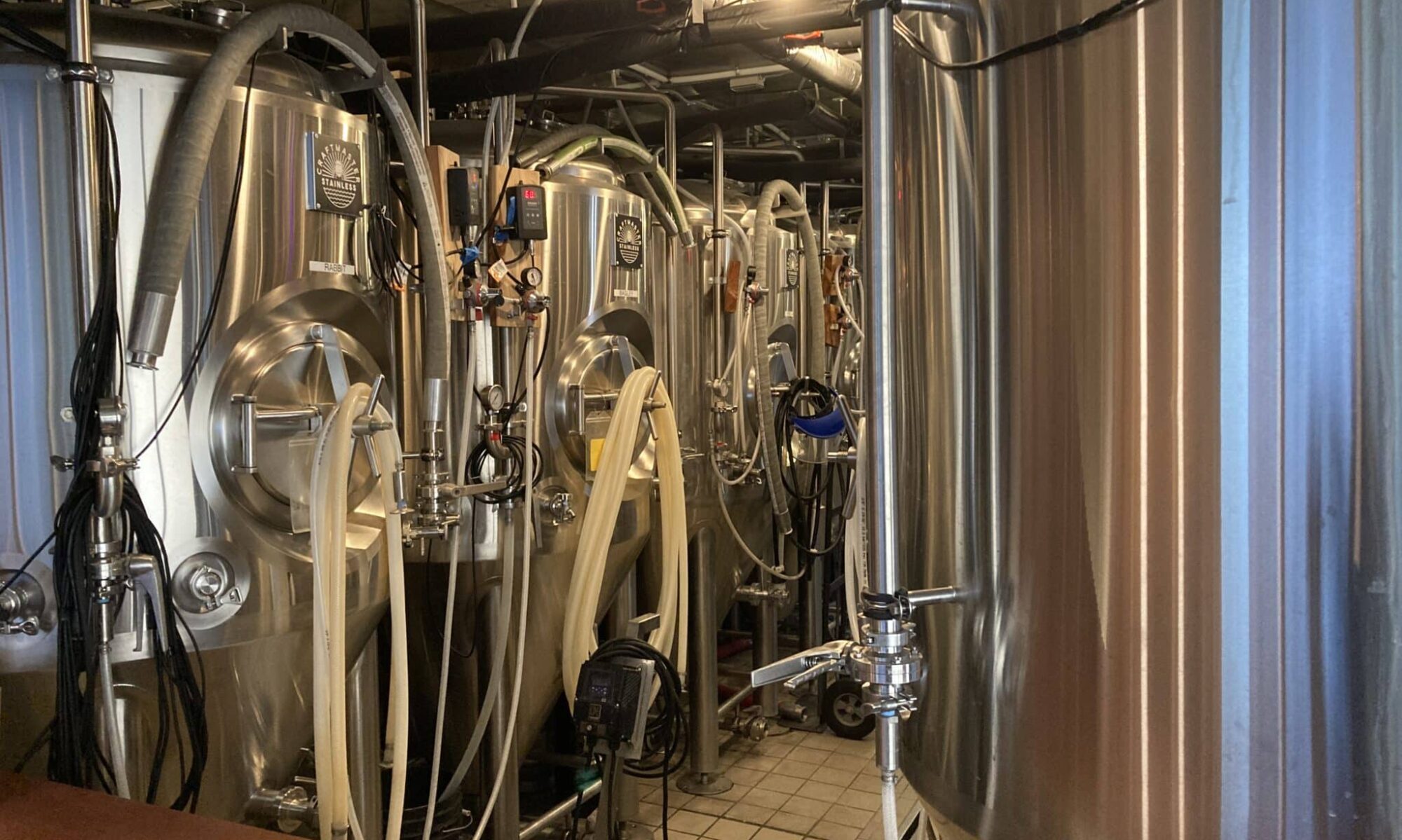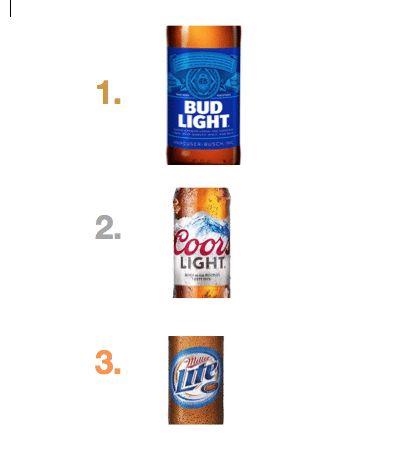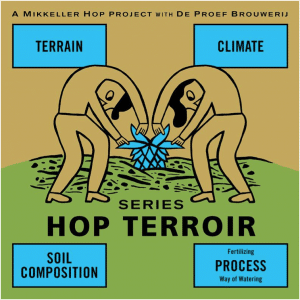Untappd, the beer check-in app has been releasing some interesting statistics and the most recent that I have seen is the most of interest to me.
Here are the Top 10 Most Checked-In Breweries of 2017…

All but one are U.S. breweries and even BrewDog, though counted as Scotland, has an Ohio presence. They are all larger distribution footprint breweries minus one, Trillium which is probably on the list due to their hazyness but they are the only hazy IPA famous on the list which tells you something.
I was surprised to see Founders at the top. I would have pegged Sam Adams or Sierra Nevada for that slot. But other than that, I don’t see any other odd data.
Then the 10 individual Most Checked-In Beers…

I will toot my own horn and say that I have had all but Yuengling in my drinking career. And, if memory serves, 4 of these beers in the last year. Yeah, the list is IPA heavy but I would say that Two Hearted and 60 Minute are probably on the IPA border. I am a bit surprised at the double marks for New Belgium and Founders. Both are within 4+ check-ins of each other all told.
I do look forward to seeing more of these lists because it is a good indicator of the sales end of the business.







